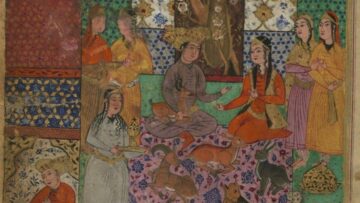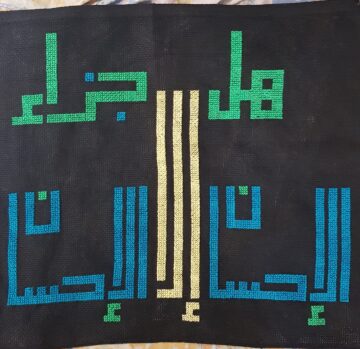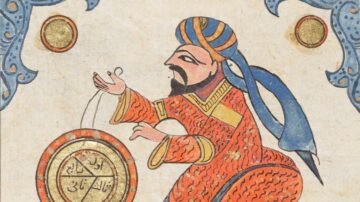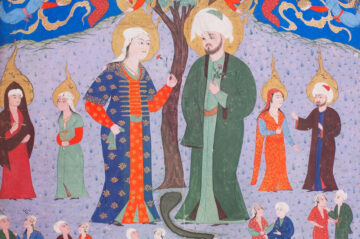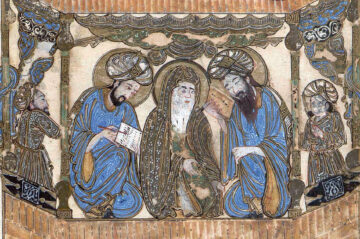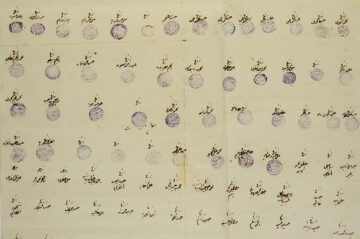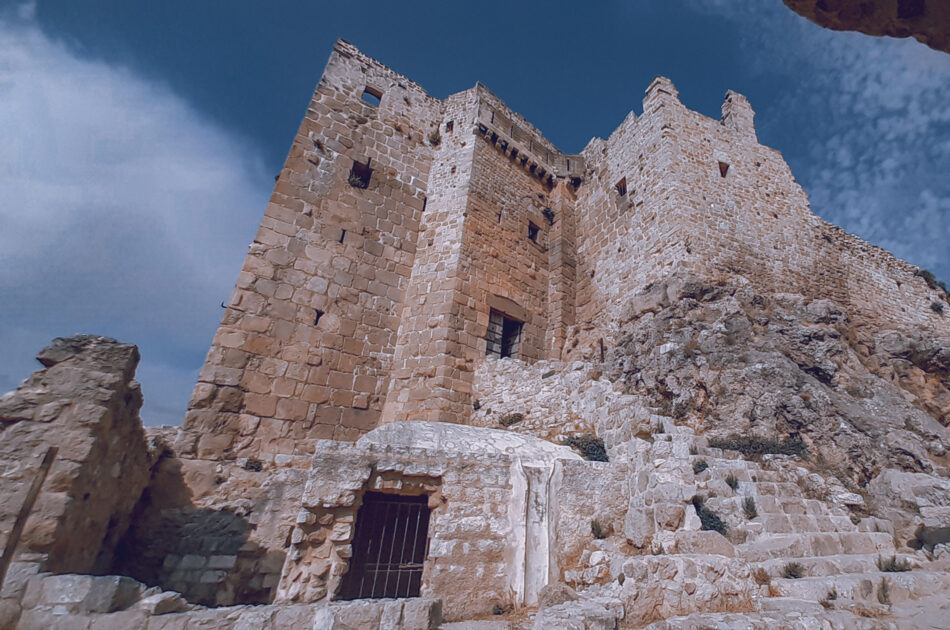
-
Status
Ended -
Date
04 Nov 2024 -
Location
Online
This lecture will be held in Arabic at 16.00
In 1141, upon the order of Ḥasan al-Ṣabbāḥ, members of the Nizārī Ismaili daʿwaLit. ‘summons’, ‘mission’ or invitation to Islam. Amongst Shi’i Muslims, it was the invitation to adopt the cause of the Imamat. It also refers more specifically to the hierarchy of… based at the fortress of Alamūt in Iran seized the fortress of Maṣyāf and made it the capital of a statelet in Syria. This was a period of violent political and religious dispute with neighbouring powers — the Crusaders to the west and the Muslims to the east — but it was also a period when the Nizārī IsmailisAdherents of a branch of Shi’i Islam that considers Ismail, the eldest son of the Shi’i Imam Jaʿfar al-Ṣādiq (d. 765), as his successor. were able to consolidate cities and fortresses, which they either bought or seized, starting with the Citadel of Aleppo, and the fortresses at Sarmīn, Apamea, Shayzar, Damascus, and Bāniyās al-Junūb in the Jawlān district. During this time, the Nizārī Ismailis also built several new, impregnable fortresses which helped to secure their presence and enable them to spread the daʿwa. Historians disagree over the number of these fortresses, with some counting seven and others ten. The most important fortresses today are those of Maṣyāf, Qadmūs, al-Kahf, Khawābī, al-ʿAlīqa, al-Manīqa, al-Ruṣāfa, al-Qāhir and al-Qalīʿa. Most of these were originally built as fortresses, but the Ismailis updated them according to the style of military construction prevalent among the Franks and the Muslims in neighbouring fortresses. However, the strength of the fortresses lay more in their rugged geographic locations than in the strength of their fortifications or their structural durability.
It should be mentioned that it is because of the archaeological findings at the fortress of Maṣyāf between 2000 and 2012 that we have been able to study certain aspects of the architecture, fortification and socio-religious life of the Nizārī Ismaili community in Syria in the mid-twelfth and thirteenth centuries CE.
Arabic and Islamic History Lecture Series provides a platform for scholars from the Arab and Islamic world to present their research in Arabic in order to make knowledge accessible to a wider audience.
Speakers
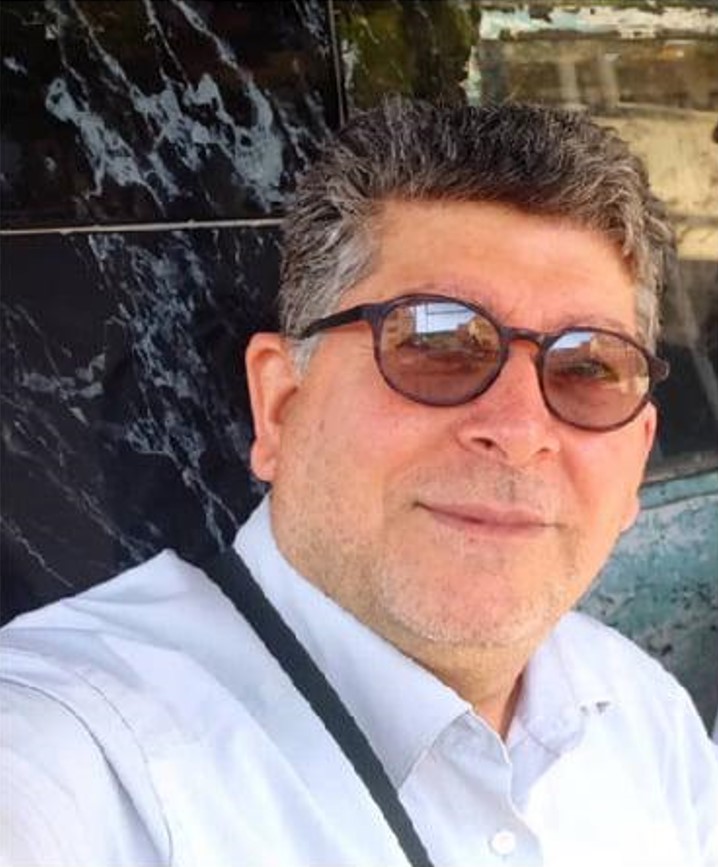
Haytham Hasan
Dr Haytham Hasan is the Director of the project for the Development of the Heritage of the City of Maṣyāf and its Fortress (Syria), which is funded by the Gerda Henkel Foundation (Germany). Previously, Dr Hasan worked as a Post-doctorate Researcher at the École Pratique des Hautes Études on a project titled “The Epigraphic Inscriptions of the Nizārī Ismāʿīlīs in the Town and Citadel of Maṣyāf in the 12th and 13th Centuries”. He also served as a Consultant for the Ismaili Heritage Project at the Institute of Ismaili Studies (London). Additionally, he held the position of Director of Scientific Research and Archaeological Training at the Directorate-General of Antiquities and Museums in Syria (DGAMS). He has published several book chapters and articles on the castle of Maṣyāf, and on Syrian heritage.
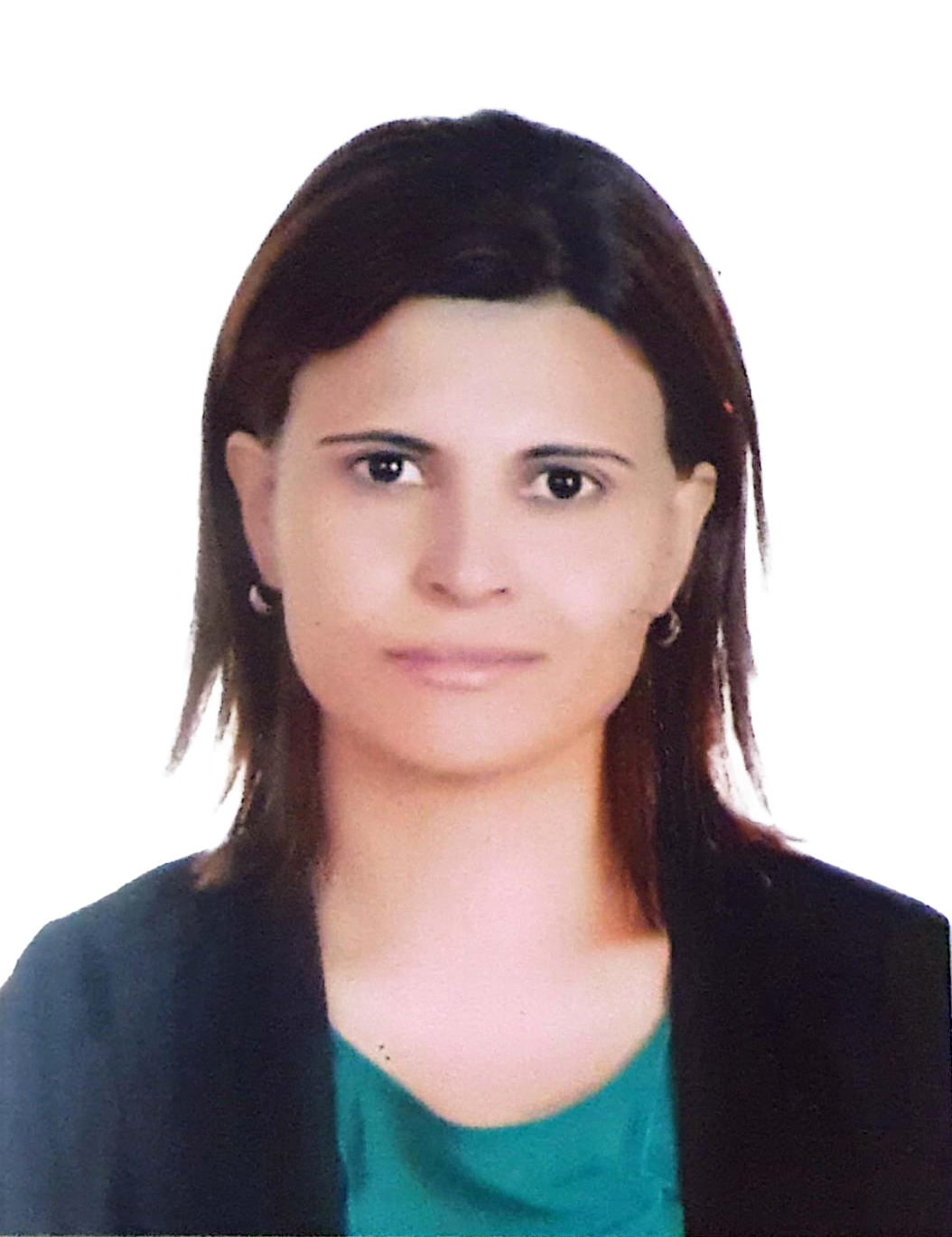
Dr Nuha al-Sha‘ar
Associate Professor
Dr Nuha al-Sha‘ar has a PhD in Islamic and Middle Eastern Studies from the University of Cambridge, MPhil in Educational Research from the University of Cambridge and an MA in African and Asian History the School of African and Asian Studies, SOAS. She has taught at various academic institutions in the UK, and the Arab world. Find out more on Dr Nuha al-Sha‘ar’s research and publications.
القلاع الإسماعيلية في سوريا
استولى أصحاب الدعوة النزارية لإسماعيلية في قلعة آلموت في إيران بإمرة الحسن الصباح على قلعة مصياف وجعلوا منها عاصمةً لهذه الدويلة في سوريا و مع وجود صراعات سياسية و دينية عنيفة مع القوى المجاورة – الصليبون على الحدود على الغربية و المسلمون شرقاً – ارتبطت هذه الفترة بالمدن والقلاع التي اشترتها الجماعة أو استولت عليها بدءاً بقلعة حلب و سرمين و أفاميا و شيزر ودمشق فبانياس الجنوب في الجولان فبنيت الحصون الجديدة المنيعة التي ساعدت على حماية وجودهم و نشر دعوتهم الدينية. اختلف المؤرخون في تعداد هذه القلاع منهم من قال عشرة وآخرون قالو سبعة. أهمها في وقتنا الراهن مصياف و القدموس والكهف والخوابي والعليقة و المينقة و الرصافة و القاهر و القليعة. اتسمت كلها بنمط معماري عسكري و معظمها كان مشيّداً سابقاً لكن الإسماعيليين أحدثوا عليها تجديداتٍ تتناسب مع نماذج العمارة العسكرية السّائدة لدى الفرنجة والمسلمين في القلاع المجاورة لكنّ قوتها كانت بسبب مواقعها الجغرافية الوعرة أكثر ممّا كانت في قوّة الجدران ومتانة البنيان.
و يجدر بالذكر أنّه بفضل عمل فريق أثريٍّ في قلعة مصياف 2000-2012 أمكن دراسة بعض الجوانب المتعلقة بالفكر المعماري التحصيني و الحياة الاجتماعية الدينية للجماعة الإسماعيلية النزارية في سوريا منذ منتصف القرن الثاني عشر و حتى منتصف القرن الثالث عشر الميلادي.
المحاضر

هيثم حسن
يشغل حاليًا منصب مديرمشروع تطوير تراث مدينة وقلعة مصياف في سوريا، بتمويل من مؤسسة جيردا هنكل في ألمانيا
(Gerda Henkel Foundation, Germany)
كما شغل مناصب مختلفة منها منصب معيد وباحث ما بعد الدكتوراه في المدرسة التطبيقية للدراسات العليا
:قام بإعداد بحث بعنوان (the Ecole Pratique des Hautes Etudes)
النقوش الكتابية للإسماعيليين النزاريين في بلدة وقلعة مصياف في القرنين الثاني عشر والثالث عشر الميلاديين
.عمل الدكتور حسن كمستشار لمشروع التراث الإسماعيلي الذي ينظمه معهد الدراسات الإسماعيليّة في لندن
وقد عمل الدكتور هيثم حسن أيضا كمدير لقسم البحث العلمي والتدريب الأثري في
.وقد نشر العديد من المقالات والفصول العلميّة حول قلعة مصياف والتراث السوري. DGAMS

نُها الشعّار
نُها الشعّار حازت على درجة الدكتوراة من جامعة كامبريدج، وهي أستاذ مشارك في قسم الدراسات القرآنيّة في معهد الدراسات الإسماعيليّة في لندن، كمّا تدرّس التاريخ الفكري الإسلامي والفلسفة الإسلاميّة والأدب العربي في الجامعة الأمريكيّة في الشارقة وجامعة لشبونة في البرتغال. ترّكز في بحثها على دراسة علم الأخلاق في السياقات الإسلاميّة وعلى تلقي القرآن في الأدب الإسلامي القديم ، وعلى تقاليد التفسير القرآني وأخلاقياته. من مؤلفاتها: الأخلاق في الإسلام: الصداقة في الفكر السياسي لأبي حيّان التوحيدي ومعاصرية (2015، بالإنكليزيّة) والكتاب الذي اشتركت في كتابته مع باحثين آخرين عن اللّه والعالم: طبعة نقديّة عربيّة وترجمة انكليزيّة لرسائل إخوان الصفاء 49-51 (مطبعة جامعة أكسفورد، 2019 بالإنكليزيّة). كمّا حرّرت وشاركت في العديد من الكتب من بينها: الإسلام في صقليّة: تفاعلات وتراث، و كتاب القرآن والأدب: تشكيل التقاليد الأدبيّة في الإسلام القديم (مطبعة جامعة أكسفورد، 2017 بالإنكليزيّة)، ومجلدات أخرى. وتقوم حالياً بإعداد كتاب عن الأخلاقيّات والتفاسير القرآنيّة. تشارك في هيئة تحرير العديد من السلسلات المتعلقة بالدراسات الإسلاميّة ومن ضمنها: مقاربات جديدة في الدراسات الإسلاميّة في جامعة إدنبرا، وسلسلة دراسات في علم الأخلاق في السياقات الإسلاميّة.
Please note filming and photography may take place during the event, and be used across our website, newsletters and social media accounts. These could include broad shots of the audience and lecture theatre, speakers during the talk, and of audience members participating in Q&A.
Views expressed in this lecture are those of the presenting scholars, not necessarily of IIS, the Ismaili community or leadership. Promotion of this lecture is not an explicit endorsement of the ideas presented.
Cover photo: Masyaf castle by © Ahmad Alhaj Ebraheem. Creative commons Attribution-Share Alike 4.0 International license.

